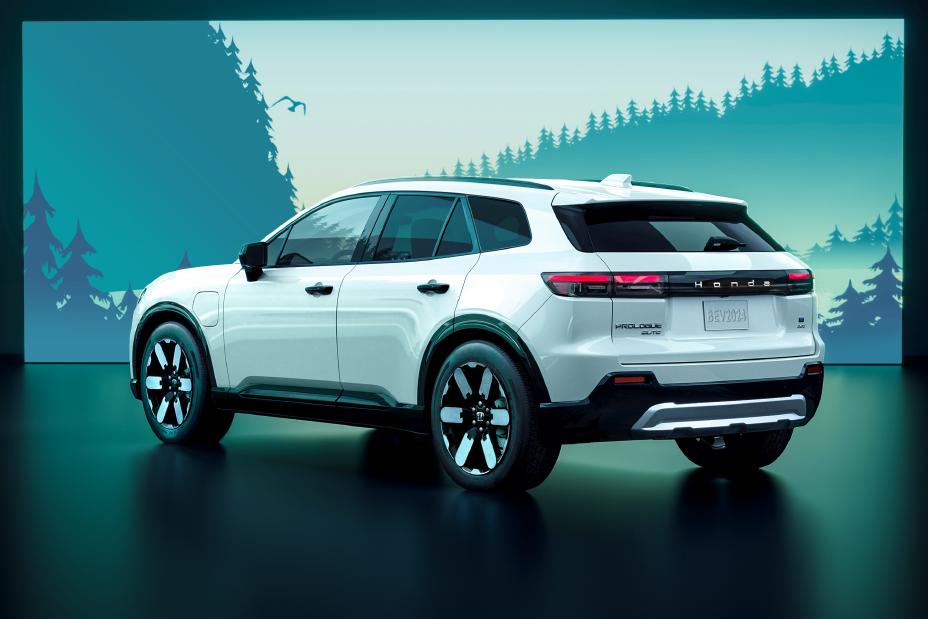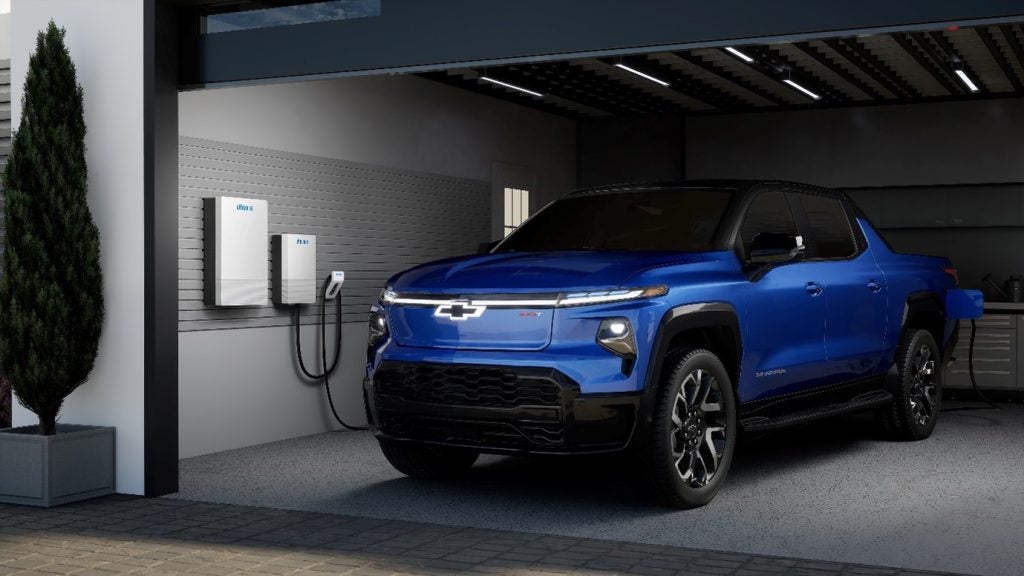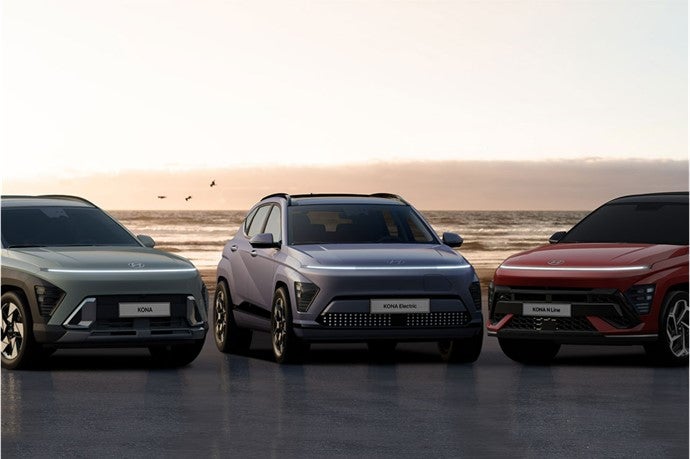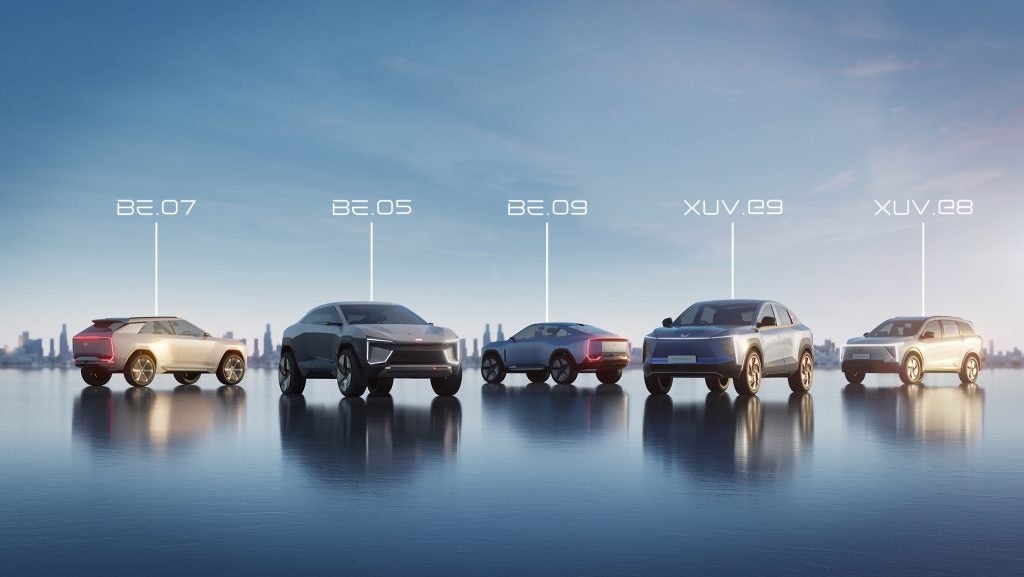California-based EV startup Fisker unveiled its future all-electric product lineup at an event in Huntington Beach.
The newly-revealed vehicles included the Alaska, a four-door pickup truck - which carries a $45,400 price tag before incentives - and the Ronin, a GT sports car.
The company says it has ambitions to become the world’s most sustainable automaker.
Chairman and CEO Henrik Fisker said: “We want the world to know that we have big plans and intend to move into several different segments, redefining each with our unique blend of design, innovation, and sustainability.”
Other vehicles in the line-up included the PEAR, an EV designed for the city, and the Ocean SUV with a Force E offroad package.
It is reported that Fisker’s plan is to build the PEAR at Foxconn’s Lordstwon assembly plant in Ohio, which would make it eligible for tax incentives. Start of production is reportedly tipped to be mid-2025.
“Innovation and sustainability, along with design, are our three brand values,” Mr Fisker said. “By 2027, we intend to produce the world’s first climate-neutral vehicle, and as our customers reinvent their relationships with mobility, we want to be a leader in software-defined transportation.”
After the event, Fisker opened reservations for its Ronin and Alaska vehicles.
















